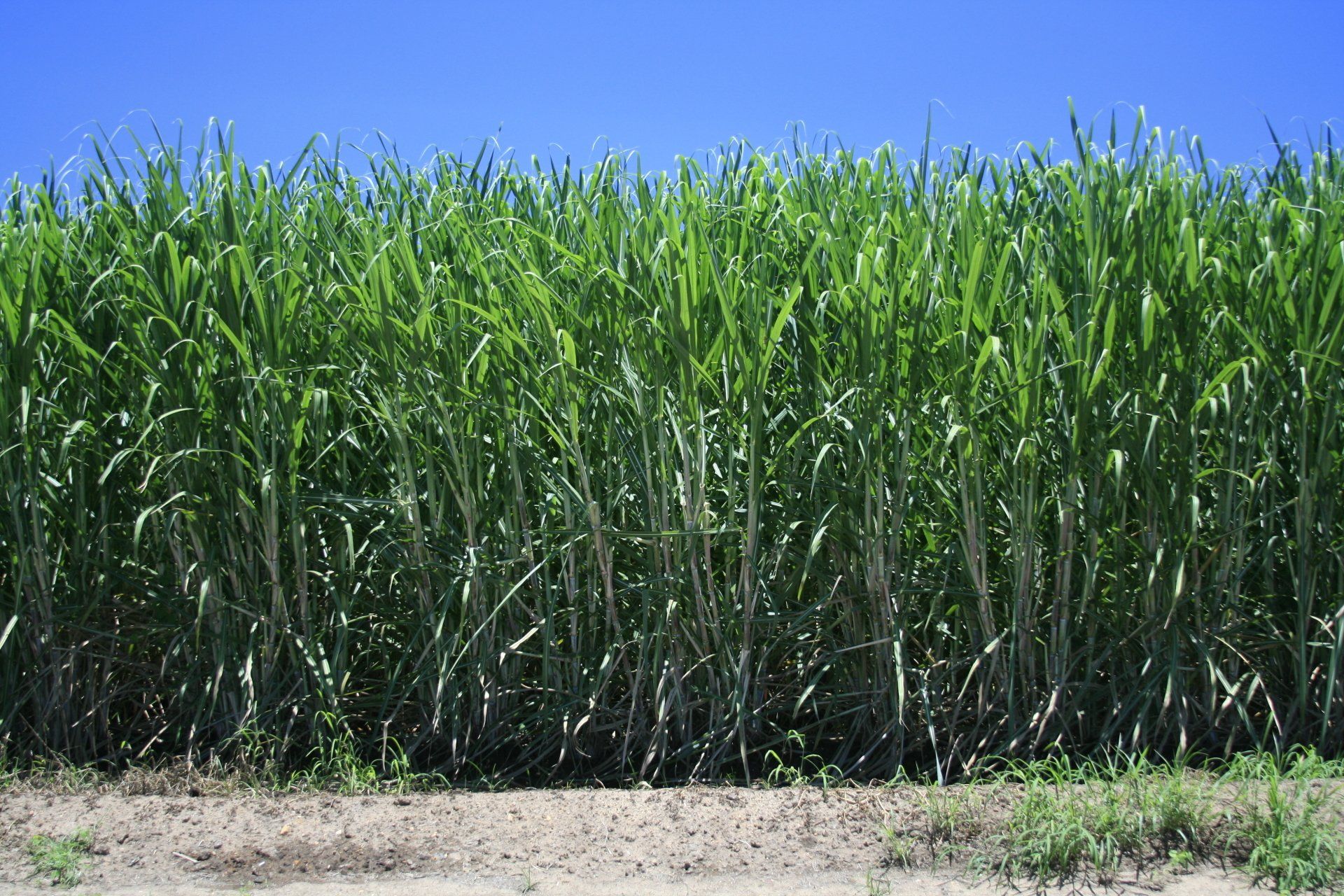1MG FlippingBooks
Canegrowers unite with scientists to protect Great Barrier Reef
Canegrowers , the peak body for Australian sugarcane farmers, has developed an interactive map highlighting the cooperation between growers and scientists to improve water quality on the Great Barrier Reef.
Sediment and fertiliser run-offs from Queensland sugar cane farms are being carried out to the Great Barrier Reef’s catchments, posing a significant threat to water quality.
According to WWF , meeting targets for improving water quality under the federal government’s Reef 2050 Plan will require reducing the amount of nitrogen entering Reef waters by up to 80 per cent and halving suspended sediment run-off by 2025.
Canegrowers’ new interactive feature, Sugarcane Research, Development and Extension and the Great Barrier Reef , maps the 49 programs and initiatives funded by the Queensland and Australian governments directed at minimising nutrient and pesticide run-off from cane farms since 2008. The map stretches from the Wet Tropics to the Burnett-Mary region and categorises the initiatives into water quality and monitoring, soil and nutrient planning, chemical use and best management practices.
“It can be quite difficult to explain just how much energy and effort the sugarcane industry is investing to improve water quality and run-off from farms,” says Canegrowers CEO Dan Galligan. “This map is just a snapshot of some of the projects in which growers have been willing and able to work towards creating a strong and sustainable farming future.”
Mr Galligan acknowledges that although cane growers and scientists have not always agreed on matters of reef research, this has not prevented them from collaborating to improve environmental outcomes while maintaining a productive and profitable industry.
“It is vital that growers are given every opportunity to participate in scientific monitoring programs and to engage with researchers and industry experts, so we can all continue to work towards a shared vision of a sustainable industry operating responsibly within our environment,” he says.
The interactive map has been added to the Canegrowers’ Cane to Coast online feature, which details how the sugarcane industry is seeking to improve its sustainability, productivity and profitability.















